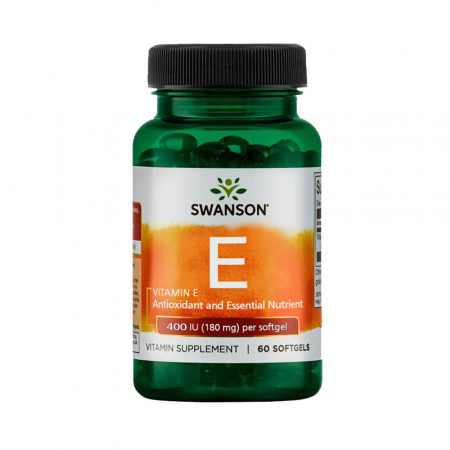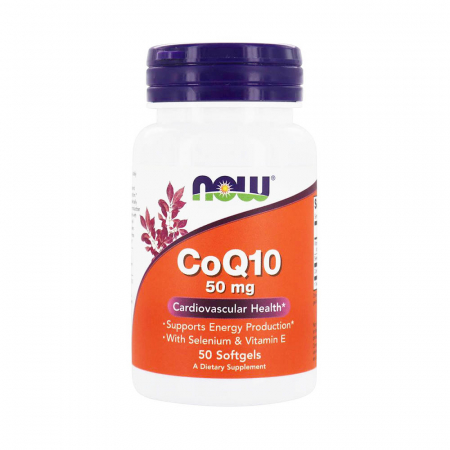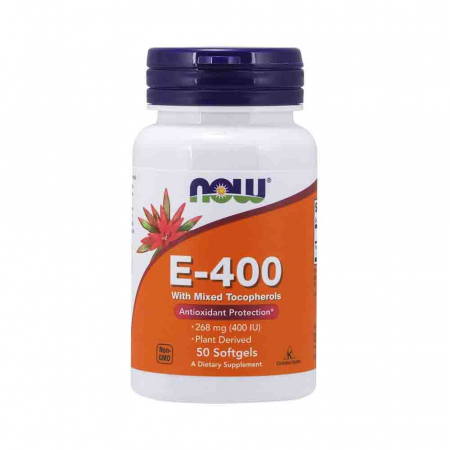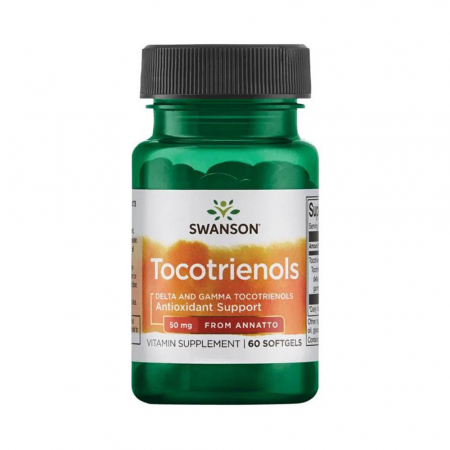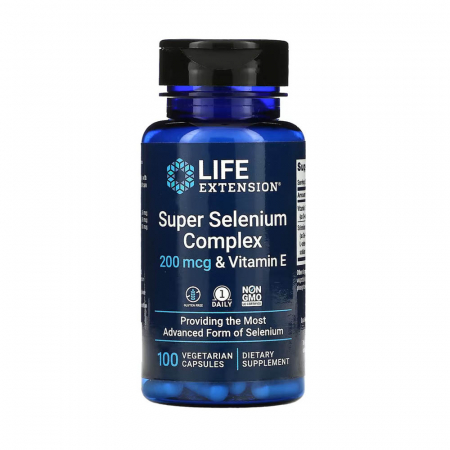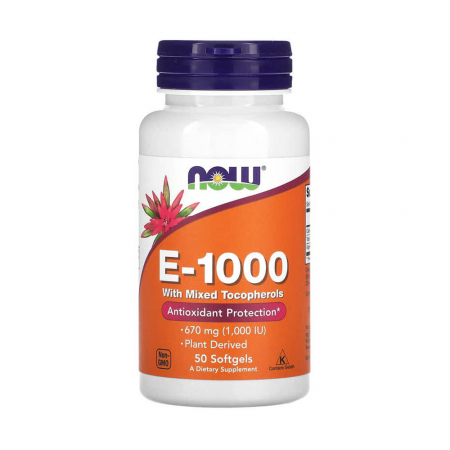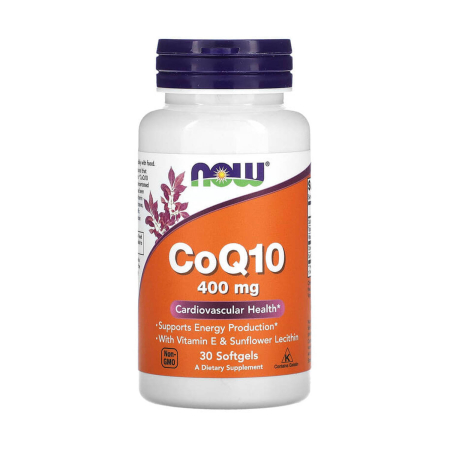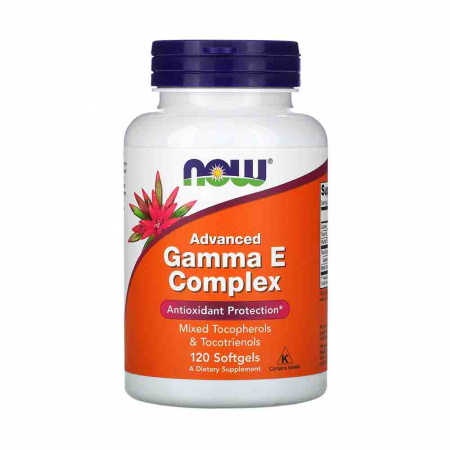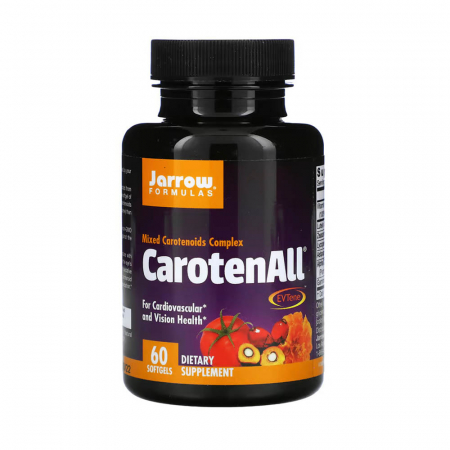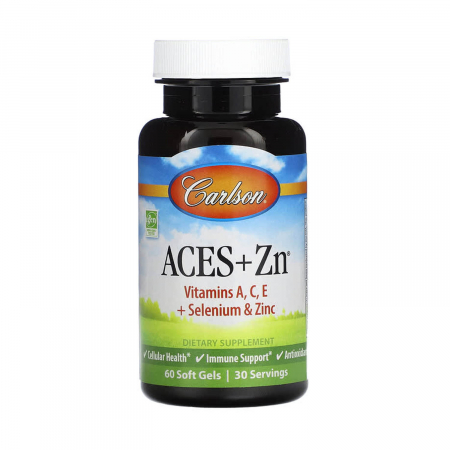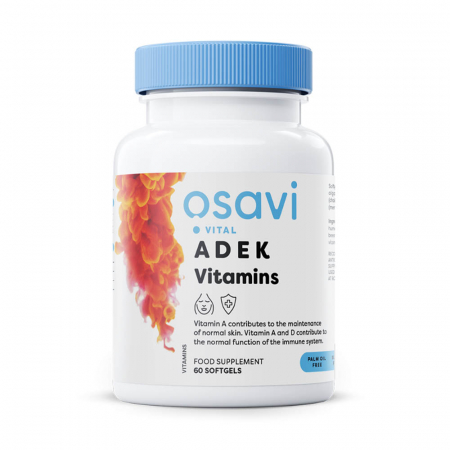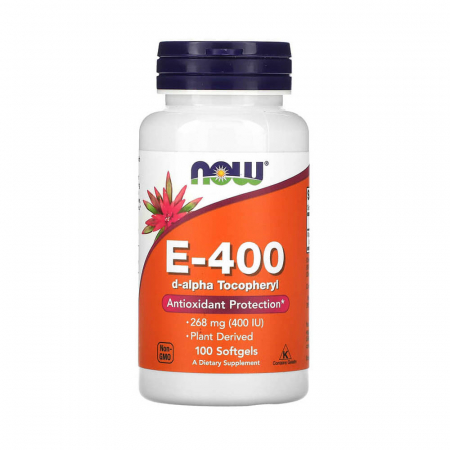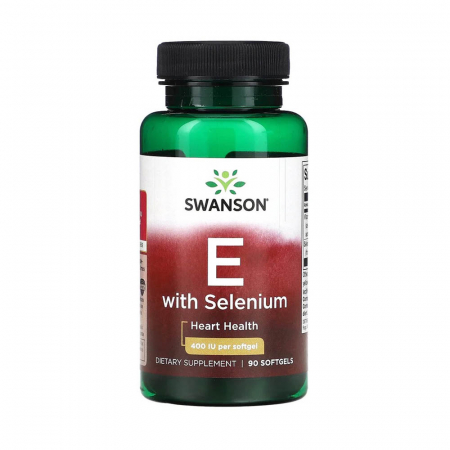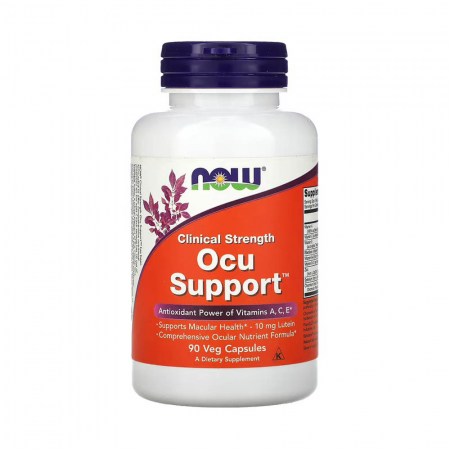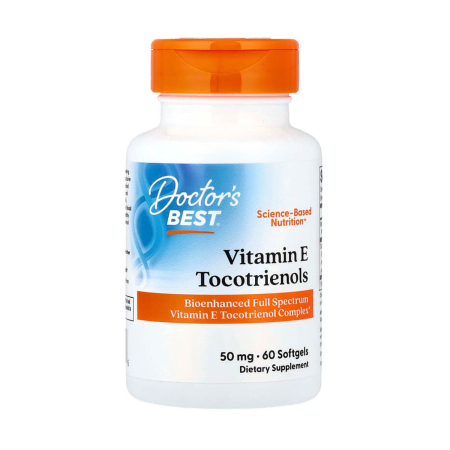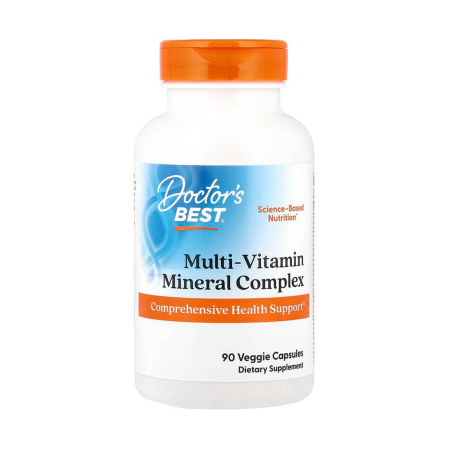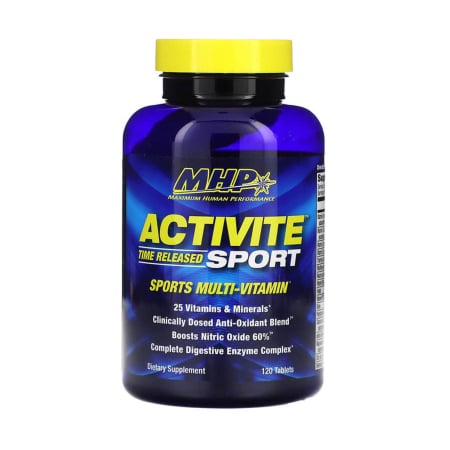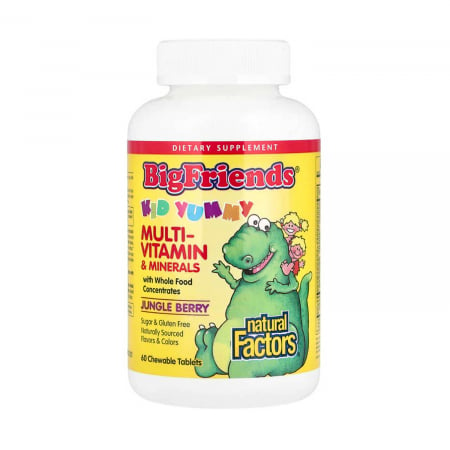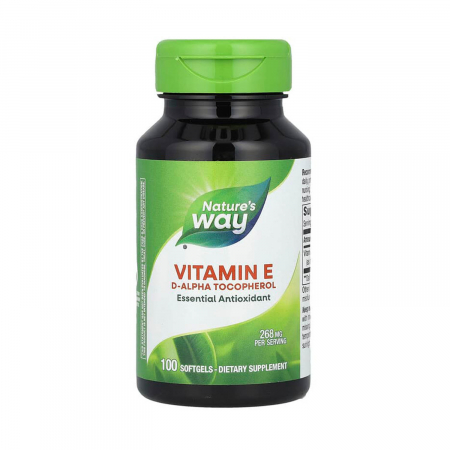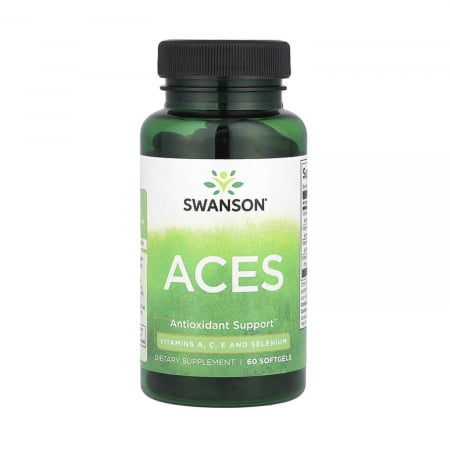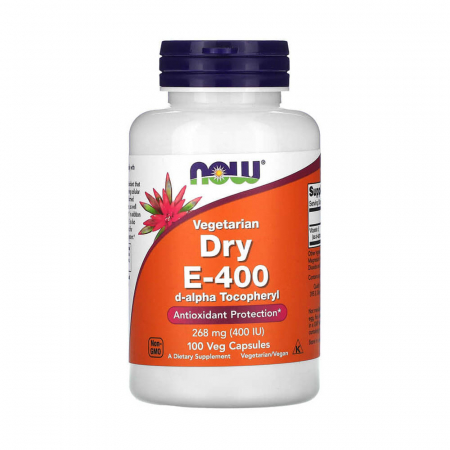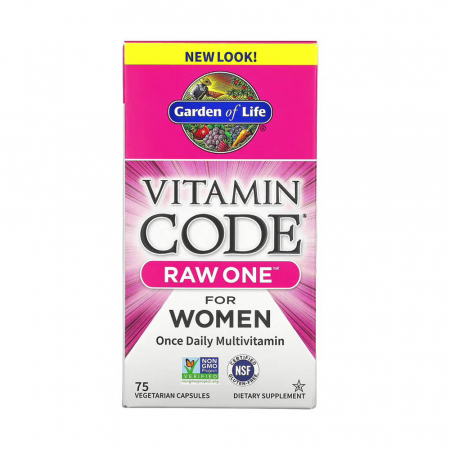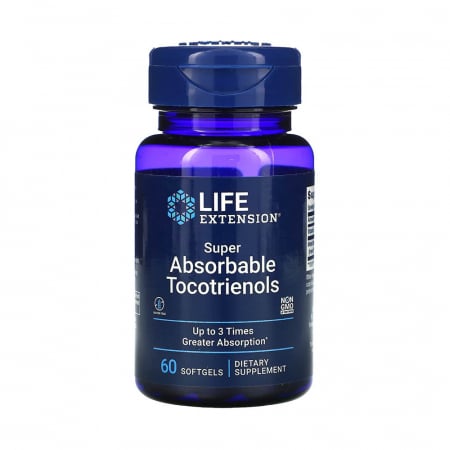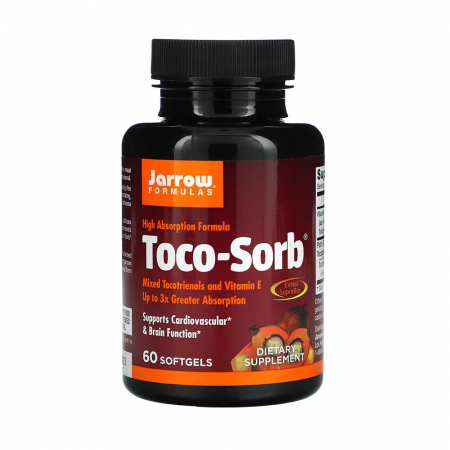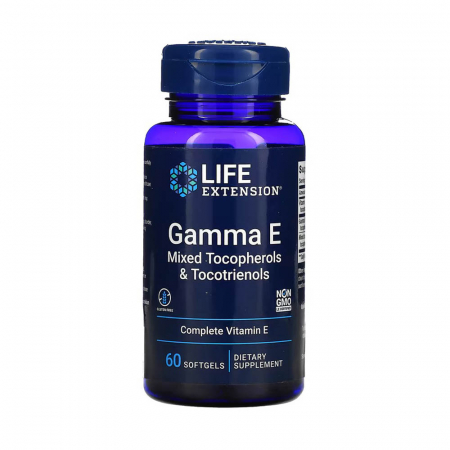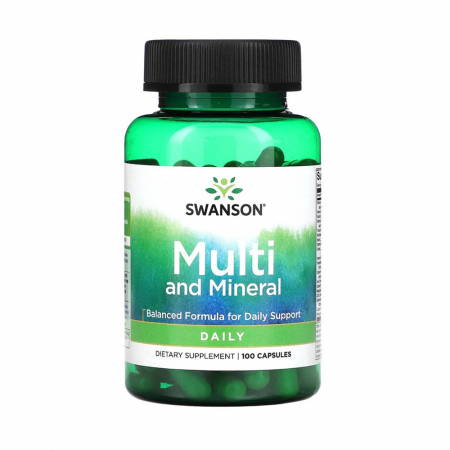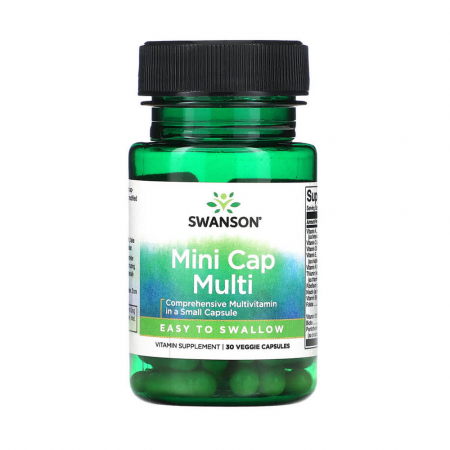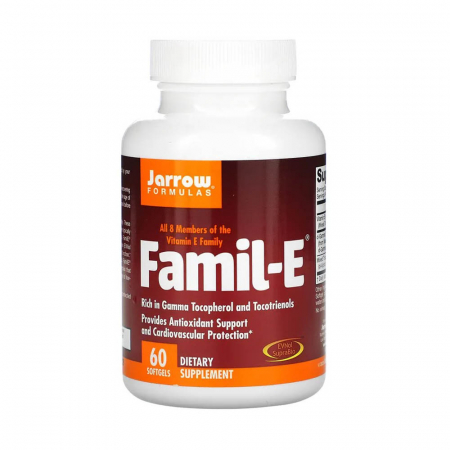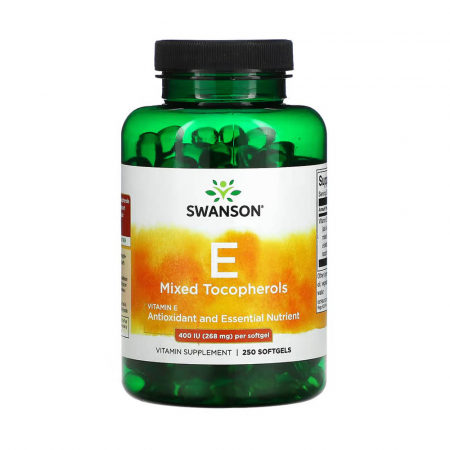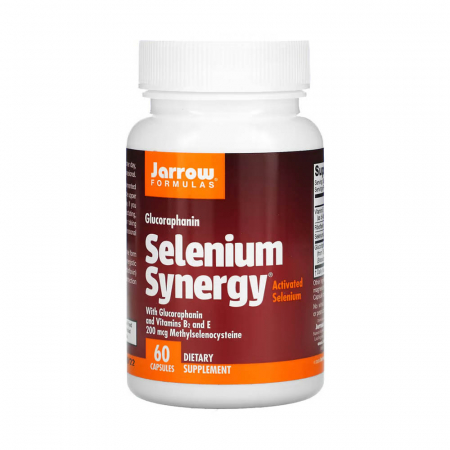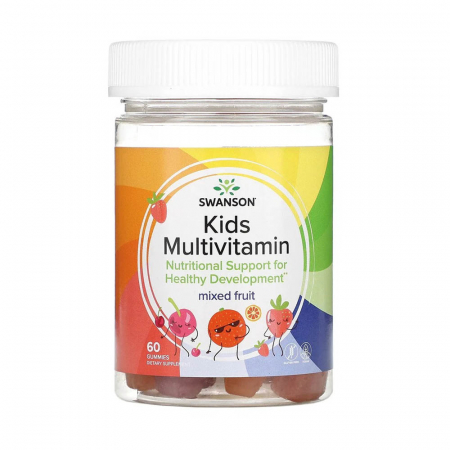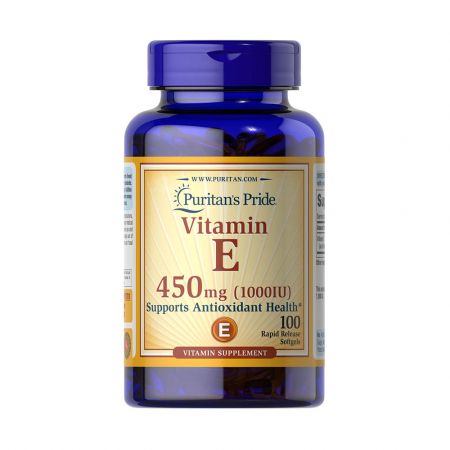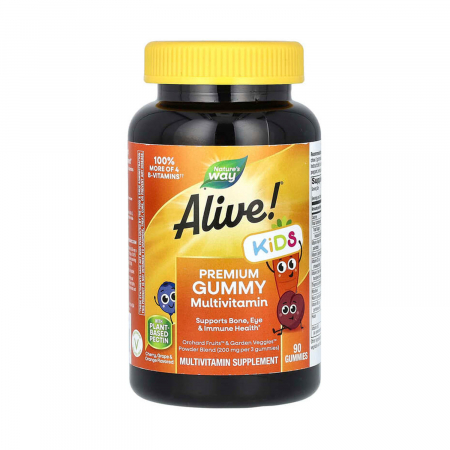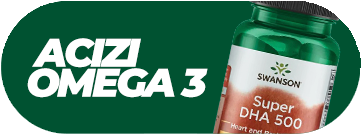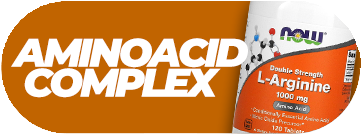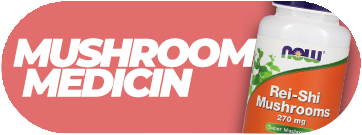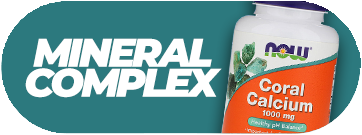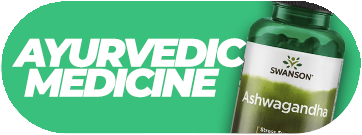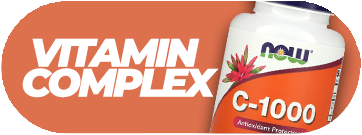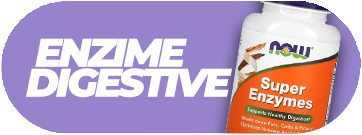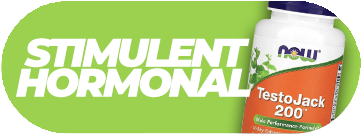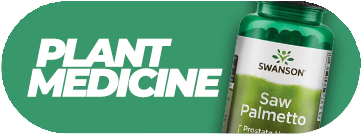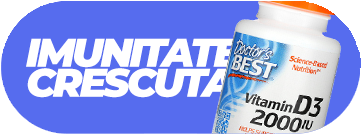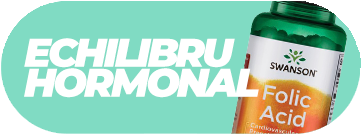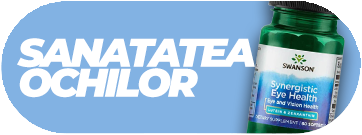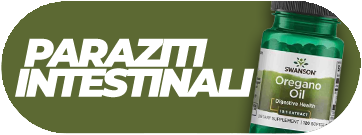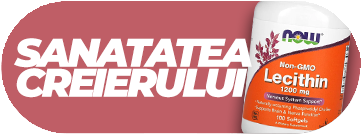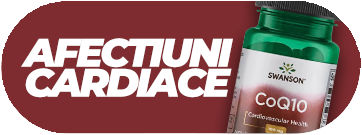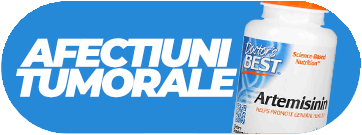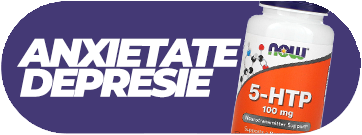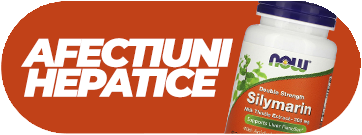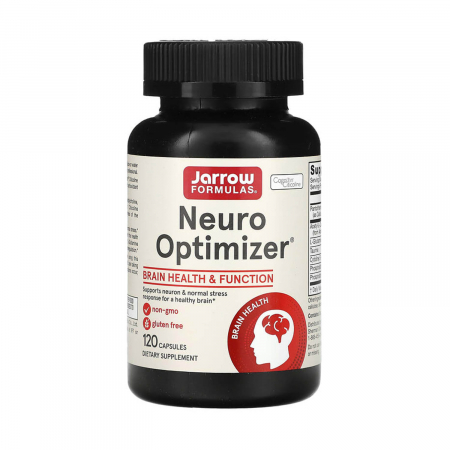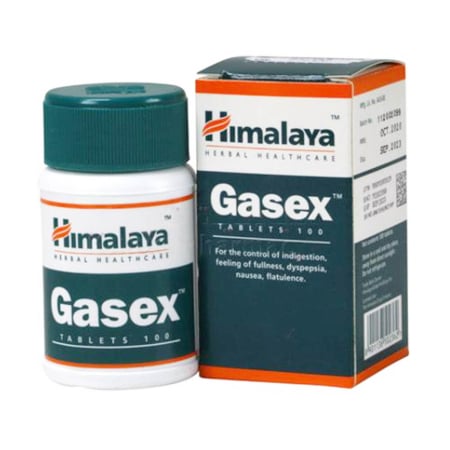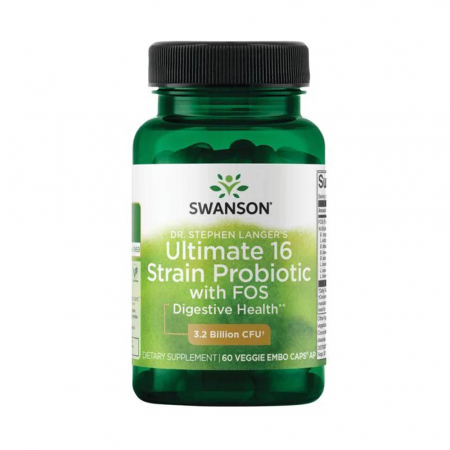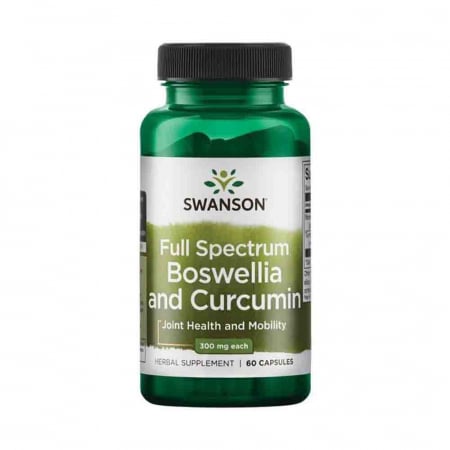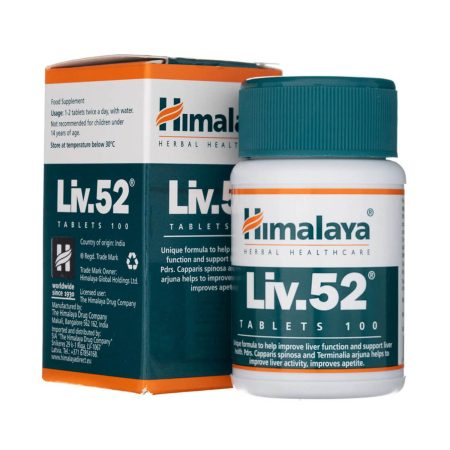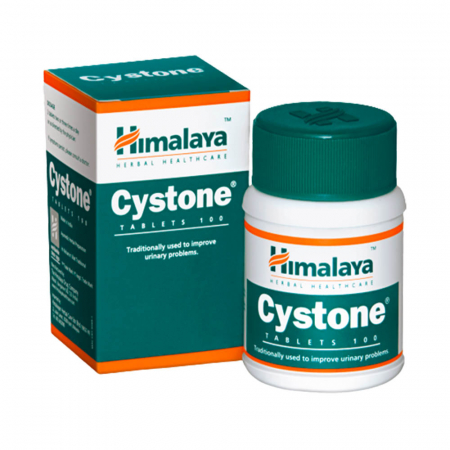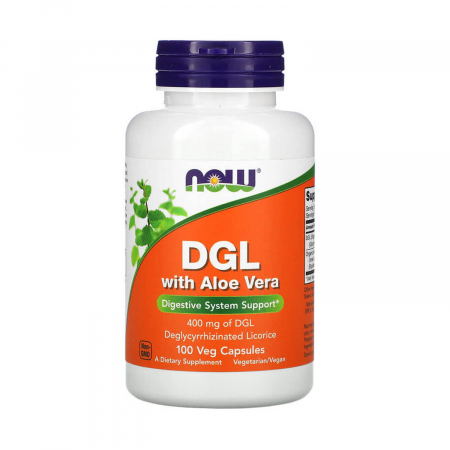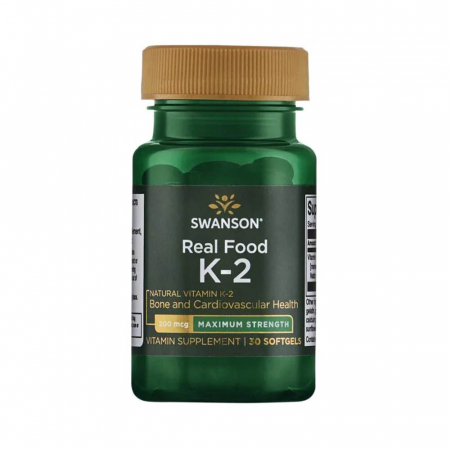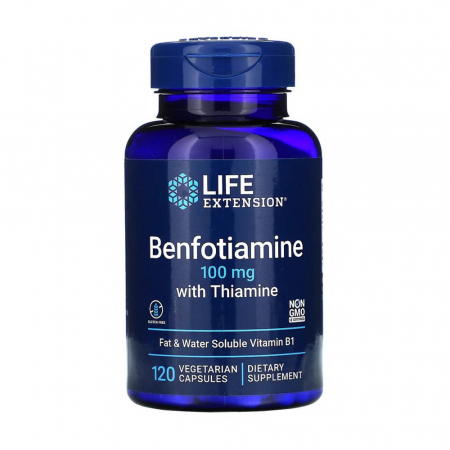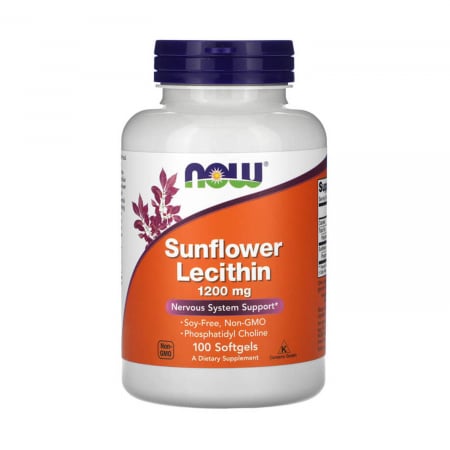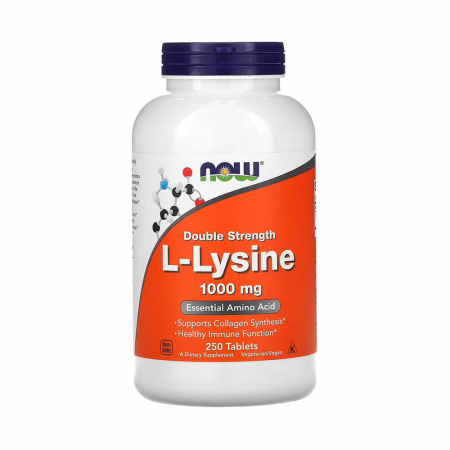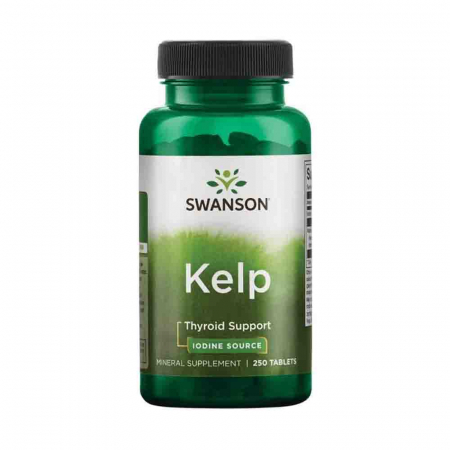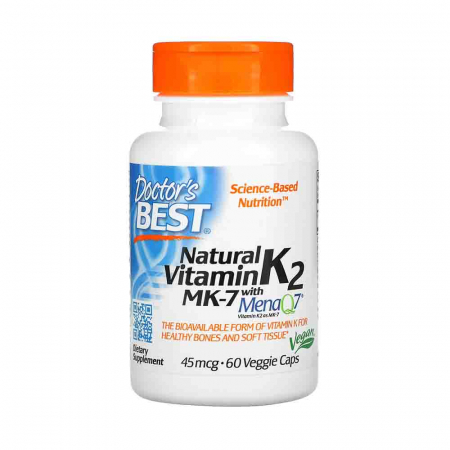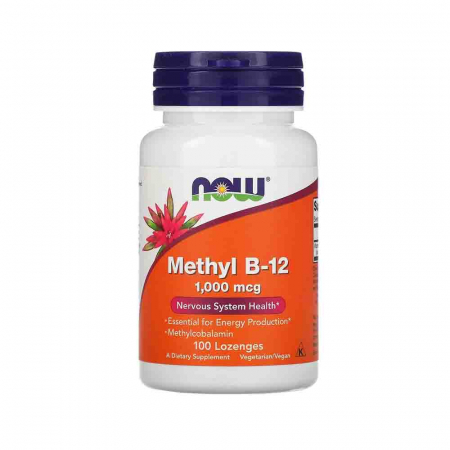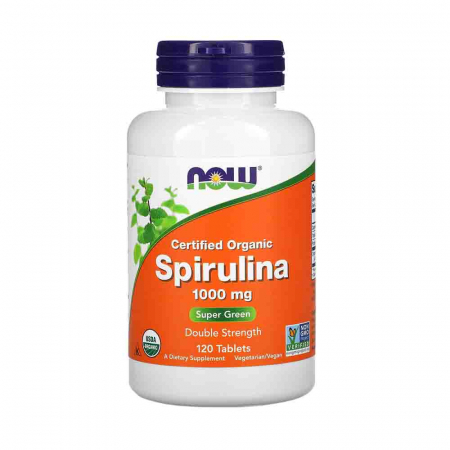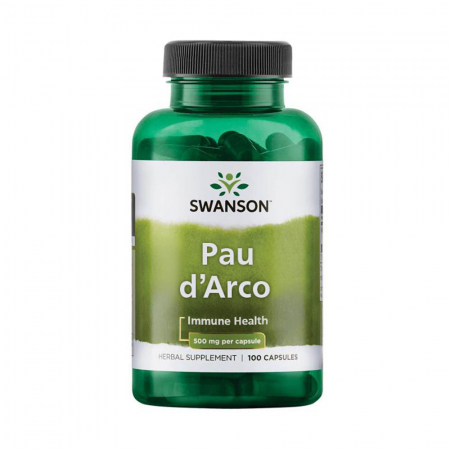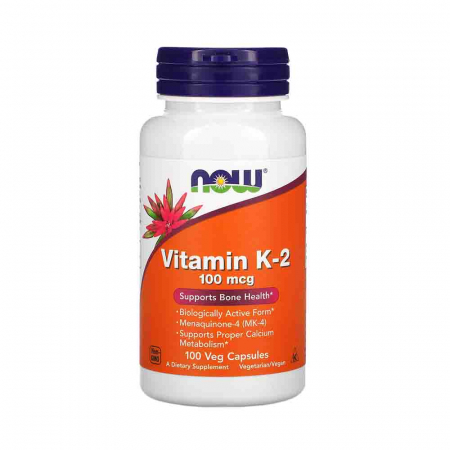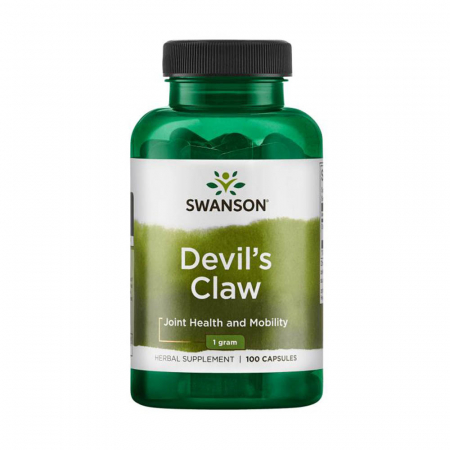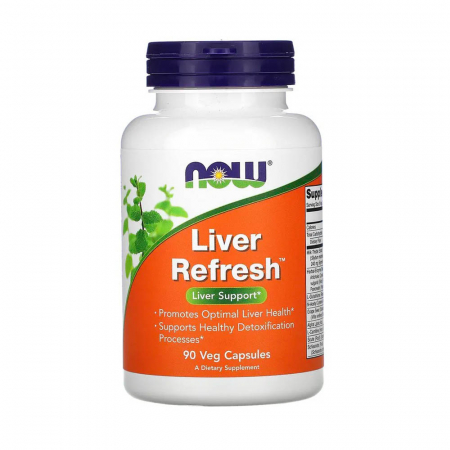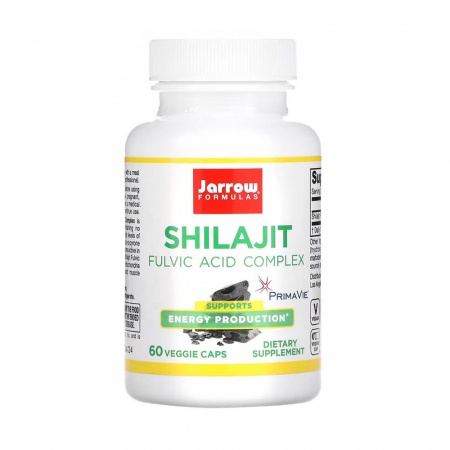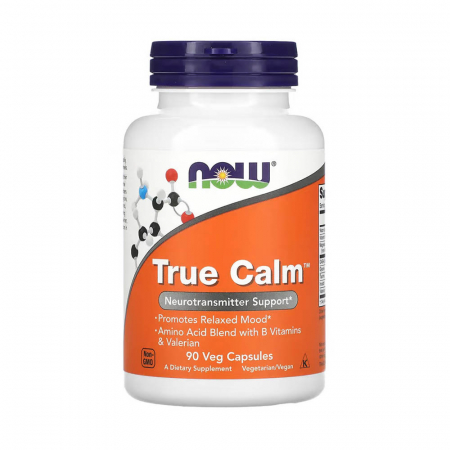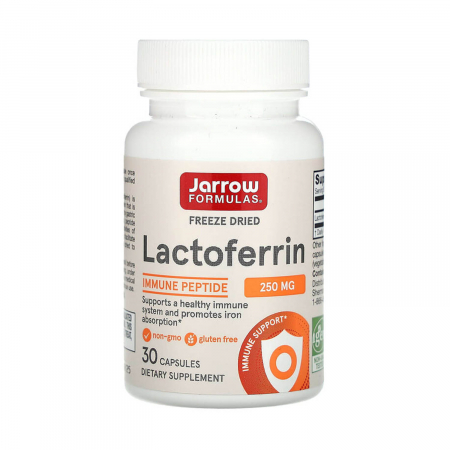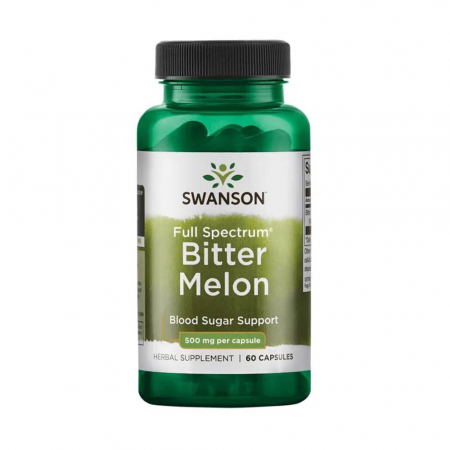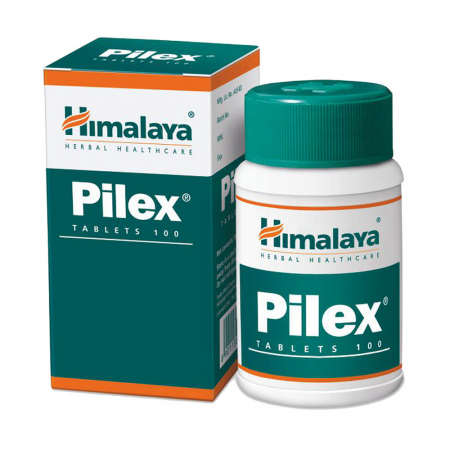Vitamin E
Display: 1-35 from 35 products
Filters
Now Foods
79,26 RON
from 64,99 RON
CoQ10 (Coenzima Q10) 50 mg with Selenium & Vitamin E, Now Foods, 50 softgels
Jarrow
201,38 RON
144,99 RON
Toco-Sorb, Mixed Tocotrienols and Vitamin E, Jarrow Formulas, 60 softgels
Now Foods
164,27 RON
114,99 RON
E-1000 with Mixed Tocopherols, 670 mg (1,000 IU), NOW Foods, 50 softgels
Now Foods
199,99 RON
from 139,99 RON
CoQ10 With Vitamin E & Lecithin, 400 mg, NOW Foods, 30 softgels
Vitamin E - is one of the most important antioxidants that protects cells against free radicals and oxidative stress. In addition, it helps to slow down cell aging, strengthens blood vessels, has positive effects on the stability of red blood cells and reduces the risk of blood clots. Vitamin E also reduces the feeling of fatigue, increasing over time similar to sports performance and supporting the body's defense system. Its deficiency can cause neurological problems and reduce the body's ability to defend itself. The best natural sources of vitamin E are meat and eggs, fish and seafood, hazelnuts, almonds and peanuts, spinach, broccoli, avocados, kiwi and soybeans. However, if you're not sure you're getting enough vitamin E in your diet, look to nutritional supplements to help replenish these nutrients.
THE ROLE AND BENEFITS OF VITAMINS ARE FOR HEALTH
Vitamin E has a strong antioxidant effect and thus contributes to protecting cells from the action of free radicals - produced by environmental factors such as pollution, smoking, pesticides, radiation, etc. Through this antioxidant effect, vitamin E slows down cellular aging. That is precisely why it is used in the preparation of dermato-cosmetic products, but also in anti-aging supplements.
Vitamin E also plays an important role in the correct functioning of the immune system, increasing its effectiveness against viruses or bacteria. Also, vitamin E has a vasodilator effect, thus contributing to maintaining the health of blood vessels. Thanks to this effect, it will fight against the formation of blood clots, thus protecting you from coronary diseases.
Vitamin E also helps cells to communicate with each other. Thus, it supports the fulfillment of numerous vital processes, the main functions being:
strong antioxidant;
Contributes to maintaining the health of blood vessels;
Contributes to maintaining eye health;
It protects the liver;
Ensuring the metabolism of sugars;
It helps to heal wounds;
Supports the immune system;
It supports the formation of new tissues;
Ensuring the metabolism of amino acids;
Ensuring the metabolism of fatty acids;
Contributes to the healing of burns.
SIGNS AND RISKS OF A VITAMIN E DEFICIENCY
Vitamin E deficiency is very rare in healthy people. Thus, vitamin E deficiency is most often associated with diseases in which fats are not properly digested or absorbed by the body. Here we mention Crohn's disease (inflamed colon), cystic fibrosis or some genetic diseases.
Signs and risks of vitamin E deficiency include, according to medscape.com:
Arteriosclerosis - a condition characterized by the formation of calcium deposits on the walls of blood vessels or in soft tissues. It can even lead to complete blockage of the arteries;
Nervous and muscular system affected;
Sensitivity in the hands and feet - can lead to a lack of control over one's own movements;
A weakness in the muscles;
Vision problems;
It can also lead to a form of anemia;
Slow wound healing;
Brown spots that appear on the skin, in elderly people - are caused by the accumulation of toxins resulting from the oxidation of fatty acids;
There are researchers who have linked vitamin E deficiency with some types of cancer, but these theories have never been proven;
People suffering from long-term vitamin E deficiency risk:
Liver problems;
Kidney problems;
Blindness;
Arrhythmias;
Dementia.
THE ROLE AND BENEFITS OF VITAMINS ARE FOR HEALTH
Vitamin E has a strong antioxidant effect and thus contributes to protecting cells from the action of free radicals - produced by environmental factors such as pollution, smoking, pesticides, radiation, etc. Through this antioxidant effect, vitamin E slows down cellular aging. That is precisely why it is used in the preparation of dermato-cosmetic products, but also in anti-aging supplements.
Vitamin E also plays an important role in the correct functioning of the immune system, increasing its effectiveness against viruses or bacteria. Also, vitamin E has a vasodilator effect, thus contributing to maintaining the health of blood vessels. Thanks to this effect, it will fight against the formation of blood clots, thus protecting you from coronary diseases.
Vitamin E also helps cells to communicate with each other. Thus, it supports the fulfillment of numerous vital processes, the main functions being:
strong antioxidant;
Contributes to maintaining the health of blood vessels;
Contributes to maintaining eye health;
It protects the liver;
Ensuring the metabolism of sugars;
It helps to heal wounds;
Supports the immune system;
It supports the formation of new tissues;
Ensuring the metabolism of amino acids;
Ensuring the metabolism of fatty acids;
Contributes to the healing of burns.
SIGNS AND RISKS OF A VITAMIN E DEFICIENCY
Vitamin E deficiency is very rare in healthy people. Thus, vitamin E deficiency is most often associated with diseases in which fats are not properly digested or absorbed by the body. Here we mention Crohn's disease (inflamed colon), cystic fibrosis or some genetic diseases.
Signs and risks of vitamin E deficiency include, according to medscape.com:
Arteriosclerosis - a condition characterized by the formation of calcium deposits on the walls of blood vessels or in soft tissues. It can even lead to complete blockage of the arteries;
Nervous and muscular system affected;
Sensitivity in the hands and feet - can lead to a lack of control over one's own movements;
A weakness in the muscles;
Vision problems;
It can also lead to a form of anemia;
Slow wound healing;
Brown spots that appear on the skin, in elderly people - are caused by the accumulation of toxins resulting from the oxidation of fatty acids;
There are researchers who have linked vitamin E deficiency with some types of cancer, but these theories have never been proven;
People suffering from long-term vitamin E deficiency risk:
Liver problems;
Kidney problems;
Blindness;
Arrhythmias;
Dementia.

